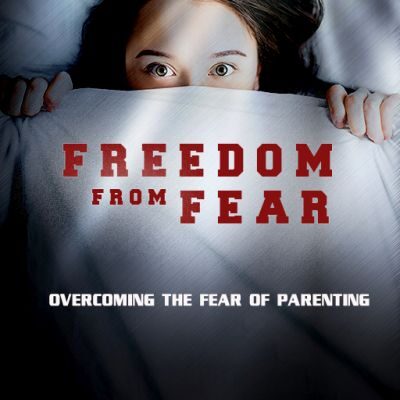“I sought the Lord, and He answered me and delivered me from all my fears.” (Psalm 34:4)
“12 The younger of them said to his father, ‘Father, give me the share of the estate I have coming to me.’ So he distributed the assets to them. 13 “Not many days later, the younger son gathered together all he had and traveled to a distant country, where he squandered his estate in foolish living … 20 So he got up and went to his father. But while the son was still a long way off, his father saw him and was filled with compassion. He ran, threw his arms around his neck, and kissed him. 21 The son said to him, ‘Father, I have sinned against heaven and in your sight. I’m no longer worthy to be called your son.’ 22 But the father told his slaves, ‘Quick! Bring out the best robe and put it on him; put a ring on his finger and sandals on his feet. 23 Then bring the fattened calf and slaughter it, and let’s celebrate with a feast, 24 because this son of mine was dead and is alive again; he was lost and is found!’ So they began to celebrate.” (Luke 15:12-13 & 20-24)
9 Things We Can Learn From The Forgiving Father:
- He allows and respects freedom of autonomy for his son. “The younger of them said to his father, ‘Father, give me the share of the estate I have coming to me.’ So he distributed the assets to them.” (v. 12)
- He allows his son to face the consequences of his decisions and choices. “Not many days later, the younger son gathered together all he had and traveled to a distant country, where he squandered his estate in foolish living …” (v. 13)
- He doesn’t give up on his son. “But while the son was still a long way off …” (v. 20b)
- He doesn’t harden his heart towards him. “… his father saw him and was filled with compassion.” (v. 20c)
- He cares enough to get involved in his son’s life. “… He ran, threw his arms around his neck, and kissed him.” (v. 20b-d)
- He doesn’t forget about his son and keeps expecting his return. “He ran, threw his arms around his neck, and kissed him.” (v. 20d)
- He treats him as if he had never left. “But the father told his slaves, ‘Quick! Bring out the best robe and put it on him; put a ring on his finger and sandals on his feet.” (v. 22)
- He celebrates his return! “Then bring the fattened calf and slaughter it, and let’s celebrate with a feast …” (v. 23)
- He focuses on what’s really important. “… because this son of mine was dead and is alive again; he was lost and is found!” (v. 24a)


